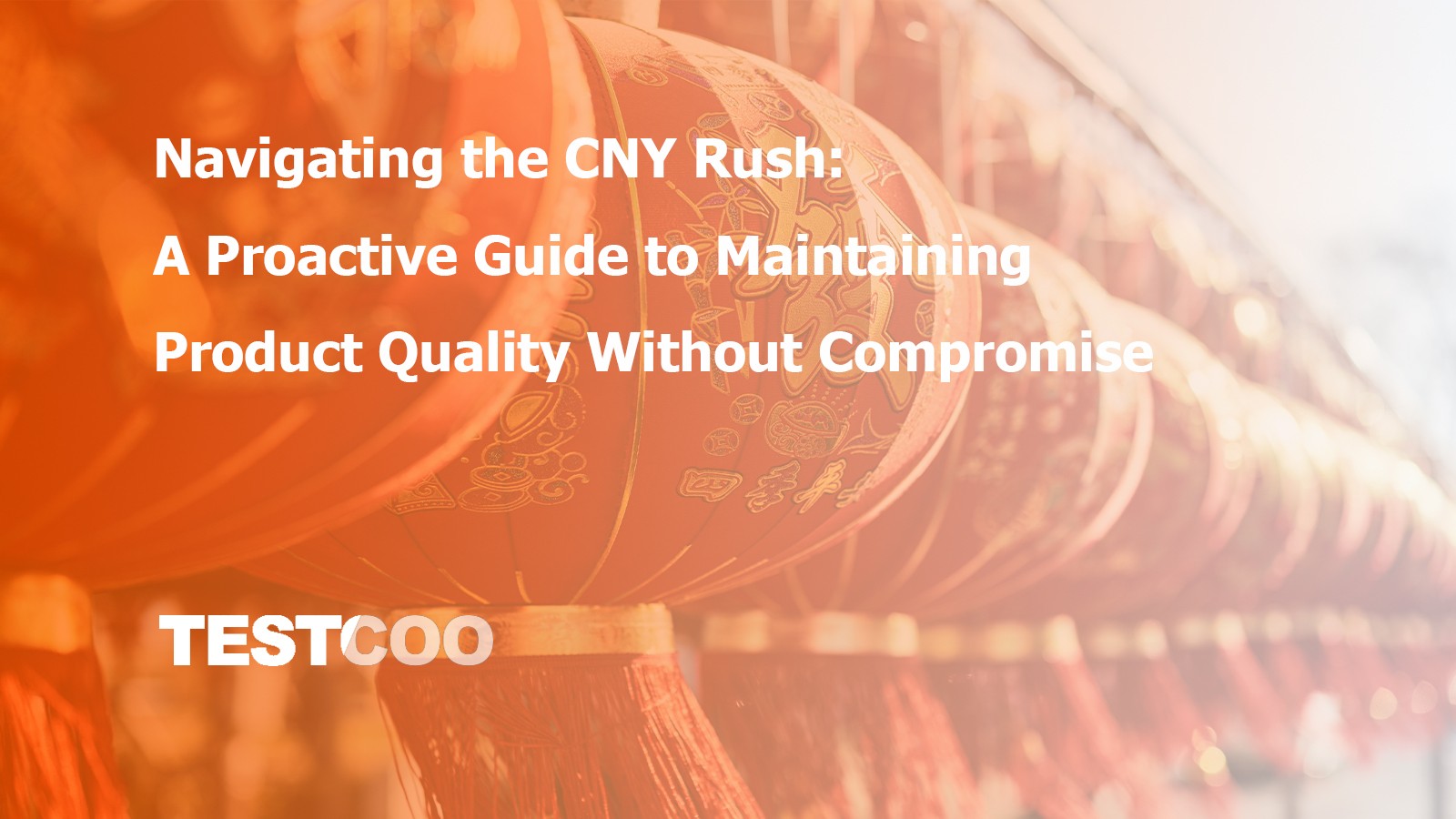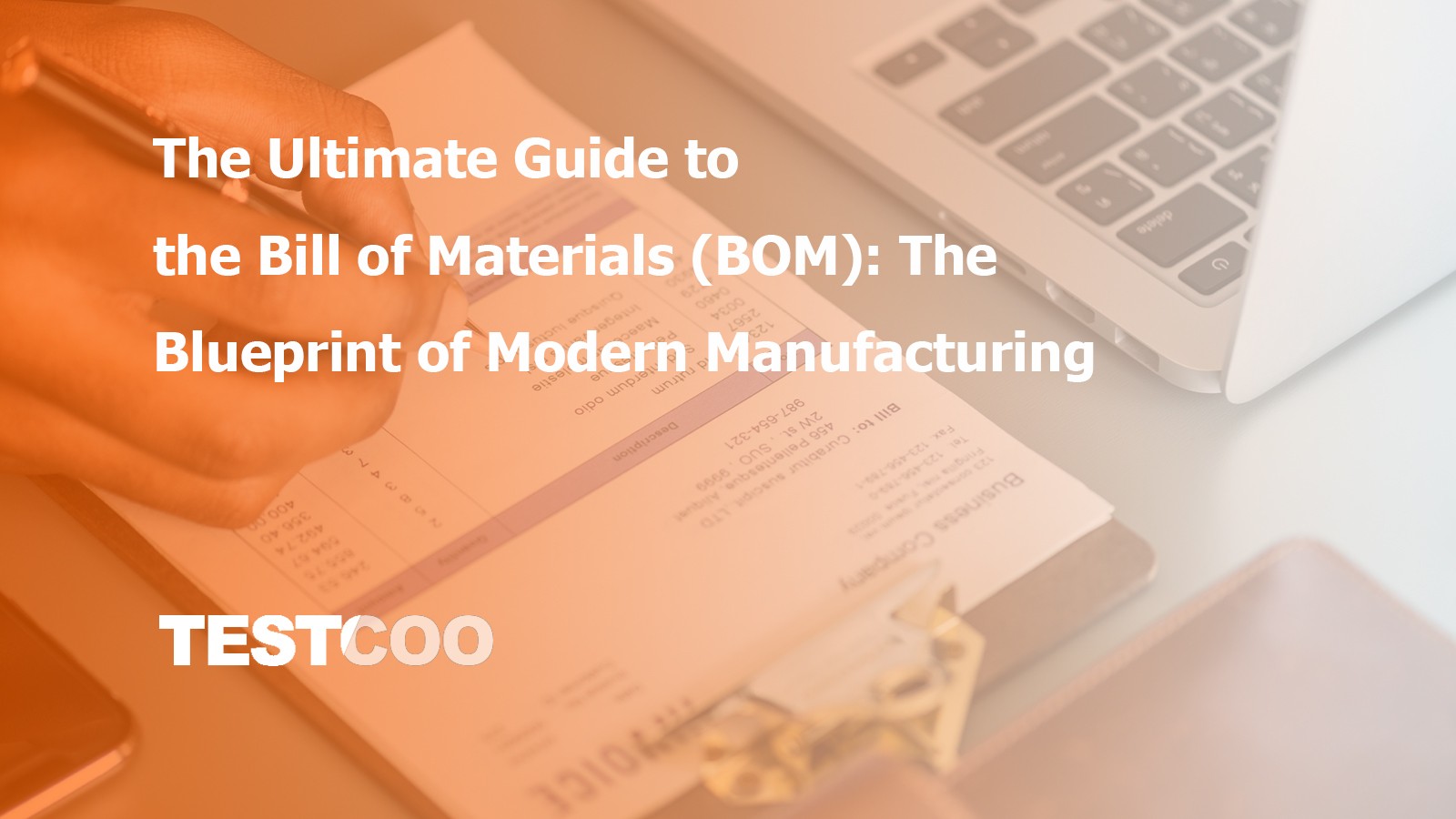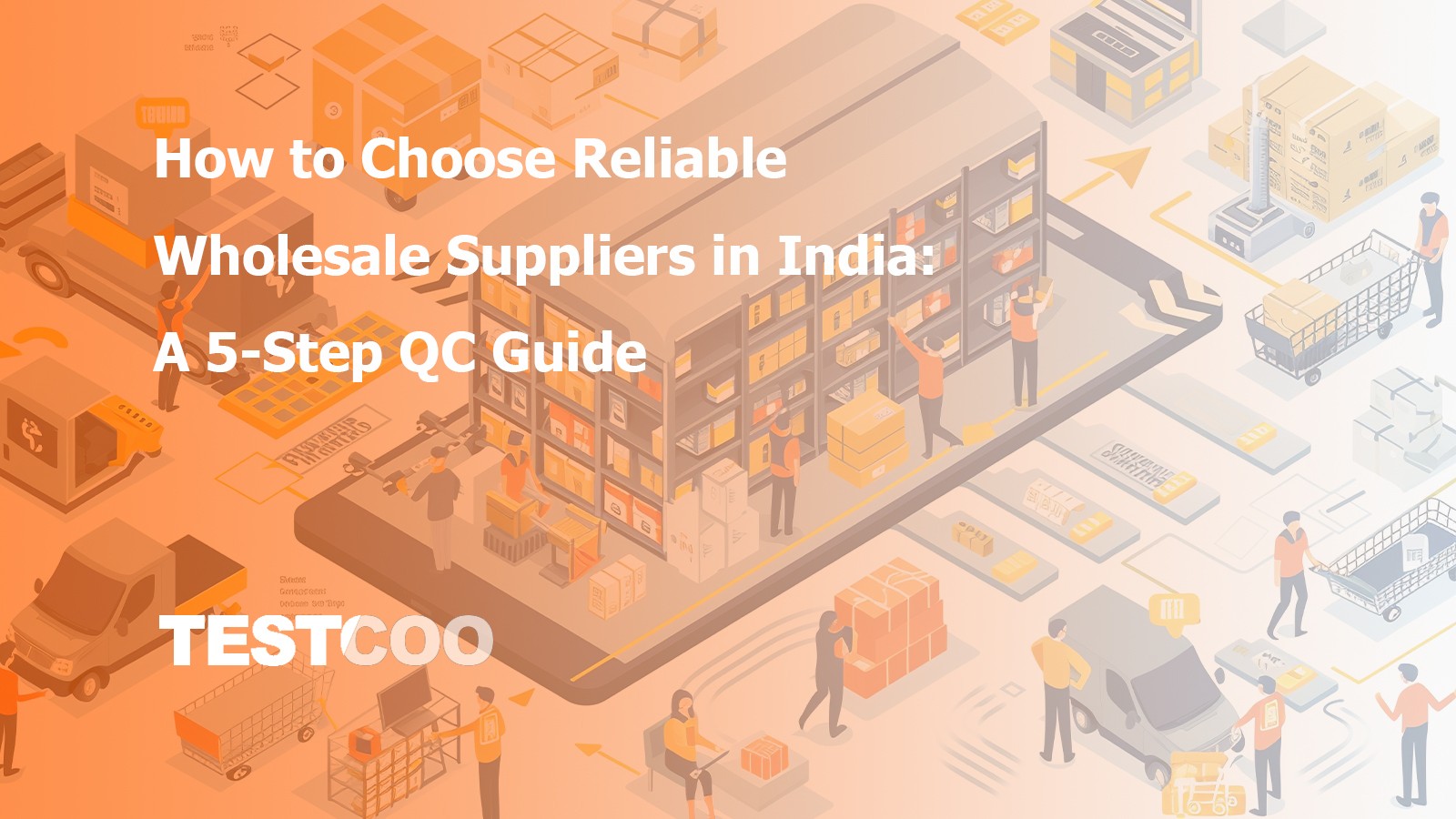Supplier Relationship Management in China: Everything you Need to know

Are you looking for good supplier relationship management in China?
Are you confused about how to better deal with the suppliers and have long term relationships?
This blog will provide you all the information you need to build successful relationshipswith your suppliers and get many benefits.
Supplier relationship management plays an integral role when you want to import products from China. It is essential to value the supplier’s relationship and make efficient dealings with them. Having a stable relationship with suppliers will surely end up boosting your business.
Your relationship with the supplier should be open enough to manage the supply chain department effectively. Knowing more about SRM can help your business grow and have a better relationship with suppliers.
Contents
Chapter 1: Why Supplier Relationship Management is Important?Chapter 2: What is Supplier Relationship Management Based on?
Chapter 3: Why Should You Focus on Supplier Relationship Management?
Chapter 4: The Tactics You Should Follow for Better Supplier Relationship Management
Chapter 5: Tips for Building Strong Relationships with Supplier
Chapter 6: FAQ about Supplier Relationship Management
Chapter 1: Why Supplier Relationship Management is Important?
The Supplier relationship management definition is quite straightforward. It is the process of managing the suppliers so that they perform well. The SRM also involves measuring and monitoring supplier’s performance.
It helps to find the value provided by each supplier for your business growth. SRM is the best way to find the right supplier based on their performance. It promotes a better relationship with the supplier. If you have good relationships with the suppliers in China, this will help you get a lot of benefits which we talk about later in the blog.
The SRM is similar to CRM, which is customer relationship management. The only difference is that in SRM, you have to deal with the supplier, while CRM involves dealing with the customer.
Supply Chain professionals use the SRM for operations, project management, and procurement. The SRM helps in business improvement. Each organization uses a different approach to SRM, but their prime goal is the same.
Chapter 2: What is Supplier Relationship Management Based on?
Building a strong relationship with your supplier will help you a lot in your business. Working with the supplier is not only about signing a contract and waiting for the work to be done.
Supplier management is just like people management. Good supplier management can help in building a strong relationship. Businesses need to learn the art to interact with the supplier so that they perform well.
A better supplier can also help a lot in supply chain management. Following are a few important factors on which the SRM depends. These factors are the foundations to begin a better relationship with suppliers.
1. Open Discussion
Lack of communication is the prime cause of misunderstandings in many businesses. A supplier cannot read your mind, so you should tell them everything you want.

If you are clear with your outlines, it will become easier for you to achieve the desired outcome. The suppliers are like your business partners, so you need open two-way communication with them.
Discuss with the supplier what you want. Communication will help you learn more about your supplier. You will know whether the supplier is worthy of dealing with or not.
This open discussion will result in a long-term relationship. Make sure to develop a mutually beneficial arrangement, which will benefit you as well as your supplier.
2. Respect
If you want to become successful, you need to respect the other party. Make sure that it is a mutual appreciation. Suppliers usually want to work with those buyers who respect and value their work.
Respecting your supplier will also build trust, resulting in better performance from the supplier side. Both parties need to put some contribution to this matter. Respect and trust will further enhance the possibilities.
3. Fairness
The fairness factor is another essential factor in supplier management. Both parties need to be fair with each other as per the contract. Suppose the supplier is unhappy with the way they are being treated.
In that case, you should clear the supplier’s concerns for a better outcome. If the buyer feels some issues, try discussing it with the supplier according to the agreement. Communicating with the supplier will help you solve many concerns.
If the problem is not solved from the supplier side, the buyer may resent the deal and start looking for a better option. Ensure that you and your supplier; both are treating each other with fairness.
4. Trust
Communication, respect, and fairness will help build trust. Trust accommodates in developing and maintaining a long-term relationship.

A buyer’s prime goal should be to create a long-lasting relationship with the best supplier, which can only be possible because of trust. A trusted bond will help both the buyer and the supplier to achieve their desired goals together.
5. Flexibility
In supplier relationship management, buyers need to show some flexibility. Both buyer and supplier can make a relationship successful by changing their way of working as per the requirement to help the other party achieve goals. A healthy relationship takes time and effort from both sides.
Chapter 3: Why Should You Focus on Supplier Relationship Management?
SRM is crucial because it can help you identify the supplier’s performance and build a trusted relationship. Supply relationship management should be your prime focus as it can play an essential role in your business’s growth.
A better supplier will produce quality products for your business as per the customer’s demand. You will further learn to align your business with your suppliers by using different strategies and techniques through the SRM. It will make you know what is right for your business.
1. Cost Negotiation
Most businesses spend more money on suppliers than on any other thing. To reduce your spending, make sure to work on your cost negotiation skills. Supply relationship management enables us to find the right supplier at the best rate.
A better relationship with the supplier helps to minimize the cost. Ensure that the lower price is not comparing the quality of your product. Different suppliers also come with attractive deals and discounts.
If you think it is suitable for your business, you can avail those deals and discounts. Low prices and better-quality products can help you make more profit.
2. Boost Efficiency
The SRM can also increase the supplier’s productivity, which is essential in the current competitive marketplaces. With SRM, you can also minimize the risk of errors and improve the performance of your supplier.

The higher the efficiency is, the more it is suitable for your business. Therefore, you should also focus on your business’s efficiency and eliminate all the factors that are causing unproductivity.
3. Long-Lasting Relationship
Finding the right supplier is not difficult, but maintaining them for a more extended period requires effort. Once you have located a trusted supplier, you will never want to lose them because searching for a new quality supplier is challenging and time-consuming.
The SRM can help you in this matter. It will let you manage and strengthen your relationship so that your suppliers work on a long-term basis. By offering better rates and respectful dealing, you can keep the suppliers happy.
You should know that suppliers have a crucial role in your business. If your suppliers are happy and they are delivering the quality product, your business will surely grow. Think of them as allies that can have a significant impact so you can build a long-lasting relationship.
4. Problem Resolution
Good supplier relationship management makes it easier to deal with problems between the buyer and the supplier. Whether it is the availability problem, delays, or quality issues, you can overcome them through SRM.
Communicate all the issues with your supplier and try to sort the concerns as soon as possible. A good SRM matters because it helps in developing a trusted long-term relationship.
Accept suppliers as critical strategic partners that can add a lot of value to your business. Buyers and the supplier should know each other’s needs and concerns and try solving them.
This problem-solving behavior will be beneficial for both the supplier and the buyer. It will surely increase efficiency and profitability.
Chapter 4: The Tactics You Should Follow for Better Supplier Relationship Management
If you want to improve supplier relationships, there are a few simple tactics you should follow. Not only will it improve your relationship with the supplier, but also it will enhance your business growth.
1. Know the Value of Supply Chain
The supply chain will serve you to get the desired product. It has a series of steps that you should focus on to attain a high-quality product from the supplier. Understand the value and cost of the supply chain, which will help to achieve better results.
Without a proper understanding of the supply chain, you cannot pick the right supplier. From the start to the end of the product, you should know all the costs. Also, check whether the supplier is delivering quality at the given price or not.
2. Be Accountable with Your Demands
Buyers should also be accountable for their demands if they want a better product. Make sure to give proper time to the supplier so that they can deliver a high-quality product. Add flexibility to your demand.

Make sure that the demands are appropriate and achievable for the supplier. Most of the buyers only focus on the supplier output without focusing on their demands. For a better two-way relationship, both the buyer and supplier need to work correctly.
3. Understand your supplier working ways
All the suppliers are not equal. The world is more connected, and people can easily communicate from one part of the world to another.
Due to easy connectivity, you may have to deal with suppliers from all over the world, so you need to understand their different working ways. Each country, city, and state use specific rules and laws, which also cause changes in the working techniques.
So, the supplier will work as per the rules of their location, and as a buyer, you need to understand it for a better outcome. In SRM, the buyer should be more flexible with their suppliers for optimal performance.
4. Add Proper Terms and Metrics of Working on An Initial Contract
While dealing with the suppliers, issues can occur at any stage, so to minimize those concerns, you should add proper terms and metrics of working on the initial contract. It will also help you work with your supplier for a longer duration.
Detailed agreements make dealing easier between the buyer and the supplier. Make sure to write down every important detail in the contract. Also include the price, delivery, terms, and other critical information.
5. Discuss Critical Information
Share all the critical information with your supplier during the early stages. Without proper knowledge, suppliers will find it hard to deliver the desired outcome.
The information helps the supply chain to work properly. Incomplete information can result in excessive inventory or an increase in cost. Make sure to share all the essential details regularly with the supplier.
While sharing the information, you should also focus on appropriate security, which will result in a successful and long-lasting relationship with the supplier.
6. Plan Exceptions

For a successful contract with the supplier, you should focus on proper planning. Business is sometimes unpredictable, so you should be ready for every emergency—plan on how to handle such a crisis.
Do adequate planning of all the issues that may occur in your dealing with the supplier. Planning will help you take action without wasting any time.
Check the causes that result in emergencies and try minimizing them. Proper planning can keep the supply chain working, which will result in a constant business.
7. Do Meaningful Meetings
Meetings can also make the relationship stronger. You can hold various meetings with your supplier. Meetings will help you know more about the supplier, and you can share all the essential details.
Make sure to target all the critical issues in your session with the supplier. You can also discuss areas for supplier improvement. Ask suppliers about their needs and concerns, which will make you have a long-term relationship. Discuss everything crucial for your business.
8. Conduct Quality Control Inspection
Employing a local third-party quality control inspection company is an effective way to manage your suppliers and ensure the quality of your product. They help to on-site check the supplier to make sure your supplier meet your requirement from start manufacturing too the end by conducting Initial Production Check (IPC), During Production Check (DUPRO), Final Random Inspection (FRI), and Loading Supervision (LS).
On-site products inspection keeps your supplier under the supervision and avoids losses and disputes, so that can ensure the products meet your requirement and prevent any potential flaws in the production resources, materials, schedules, management and more.
Chapter 5: Tips for Building Strong Relationships with Supplier
Both the buyer and supplier need to put some effort into building a better relationship with each other. It is not a one-way thing, so both parties need to put in efforts. A buyer wants a quality product from the supplier.
On the other hand, the supplier wants reliable customers that do not put a lot of pressure. Here are a few tips that you can follow to make a strong relationship as a buyer.
1. Timely Payment
Delaying payment will hurt your business. If you expect your supplier to deliver high-quality products on time, you should also make timely payments.
Not paying on time can damage the likelihood of a better relationship. Besides, the delay in payment can also disturb the supply chain.
A growing business should also focus on a constant supply chain to not get out of stock when the products are in demand. Paying on time will build a healthy relationship, which is necessary for your business growth.
2. Flexible Payment Arrangements
Include a flexible payment arrangement in the contract. The payment arrangements should be easier to accept for both the buyer and the supplier.
Flexible payment arrangements will help your relationship in the long run. Besides, different businesses use different payment methods. Try to be flexible with your payment and decide the easier way to pay.
Ensure that the payment method is easily accessible for both the supplier and the buyer. For large orders, suppliers may also demand cash payment upfront. So, try to be fair about fulfilling each other’s needs.
3. Review Terms Regularly
Review your business terms regularly to build a strong relationship. Holding regular discussions will help both parties know about each other concerns. Review your terms for improvement, if needed.
Chapter 6: FAQ about Supplier Relationship Management
Have any questions about SRM? If yes, read this FAQ section because you will find answers to some common questions related to SRM that will help you learn more.
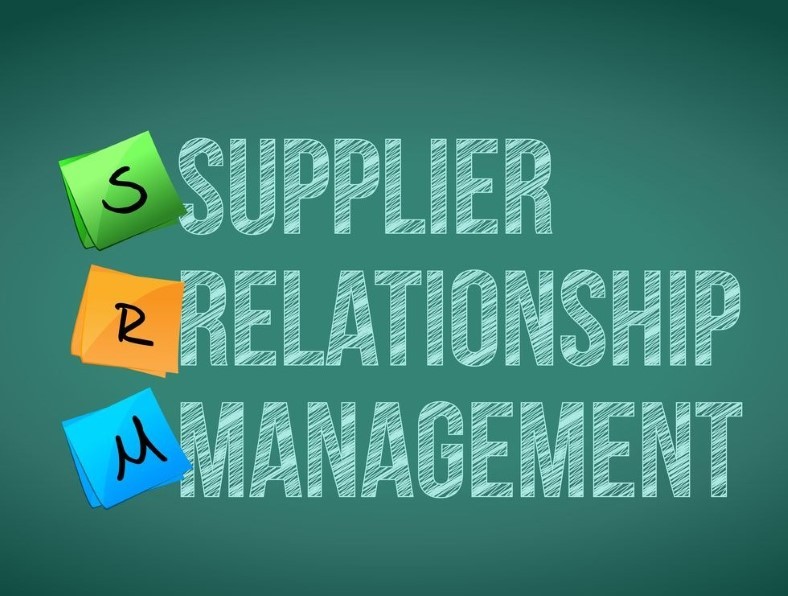
1. Why is Supplier Relationship Management Important?
The SRM, also called supplier relationship management, is essential because it plays a significant role in business growth. It improves the relationship between the buyer and the supplier, resulting in long-term collaboration.
It also lets the buyer create an effective supply chain. The prime purpose of SRM is to build a more collaborative relationship for the success of the business.
Besides, you can minimize the risk of failure and increase the chances of success by focusing on supplier relationship management.
2. What are the Advantages of Supplier Relationship Management?
There are many benefits of SRM. The SRM can help to minimize the cost. You can save a hefty amount of money by reducing the prices set by the supplier.
The mutually beneficial relationship is also the key to long-term cooperation. Not only does it save cost, but also it minimizes the availability, delay, and quality problems, resulting in a high-quality service for the customer.
It enables the supplier to fulfill the requirements set by the buyer. Further, the SRM improves the communication between the buyer and supplier.
3. How to Manage Multiple Suppliers?
Many new businesses struggle when it comes to managing suppliers. Managing suppliers is an art that you will learn over time. SRM makes it easier for people to manage multiple suppliers.
If you are a new business, you should try contacting multiple suppliers. Compare the pricing of all the suppliers and pick the one with the best price.
Also, check whether the supplier is providing a quality product at the given price or not. The supplier is of no use even if they have lower pricing, but the product quality is not up to the mark.
Do not let the supplier compromise on the product’s quality if you want to build a better relationship with your customer. If the product quality is not good, you should contact the supplier and communicate your concerns.
4. How to Improve Supplier Relationship Management?
To improve the SRM, you should focus on communication, respect, flexibility, fairness, and trust. These factors can help you build a long-lasting and profitable relationship with the supplier.
Do not lack communication with your supplier because it’s the key to better SRM. Understand your suppliers and offer flexibility to perform well.m and profitable relationship.
Conclusion
In conclusion, the SRM is vital for the growth of your business. Good supplier relationship management will help you attain optimum performance within a short period.
Relationships are an essential part of the business. By making your relationship stronger with your suppliers, you can achieve bigger targets.
The business should understand that suppliers are their vital strategic partners because it can add greater value to your business. It will make your business attain the overall objective.
A good SRM will also result in cost-reduction and an increase in efficiency, resulting in more profitability. As a buyer, you need to recognize all the needs and objectives of the supplier.
For a better relationship, both the buyer and the supplier should focus on mutual understanding. However, to achieve all your business targets, you should consider suppliers as your partners.
Also, focus on open communication and fairness. Deal with your supplier with respect and offer flexibility, which will add trust in your relationship with the supplier. All these factors will result in a long-term and profitable relationship.
Free Sample Report Performance Quality Control
Download a sample report to keep control of your supply chain!
Featured Articles
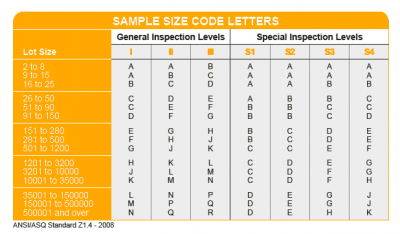 AQL Table | How to Read It
AQL Table | How to Read It TOP 10 Common Defects in Garments Quality Inspection
TOP 10 Common Defects in Garments Quality Inspection Product Packaging and Shipment Label requirements for Amazon FBA
Product Packaging and Shipment Label requirements for Amazon FBA What Is ASTM-F2413-18? Protective Footwear Standard
What Is ASTM-F2413-18? Protective Footwear Standard How to Conduct Third-Party Quality Control Inspections for Electric Scooters
How to Conduct Third-Party Quality Control Inspections for Electric Scooters SMETA Audit-What is SMETA Audit?
SMETA Audit-What is SMETA Audit? TESTCOO Supplier Verification/Certification Service SLCP, Higg FEM, GRS, GOTS
TESTCOO Supplier Verification/Certification Service SLCP, Higg FEM, GRS, GOTS Quality Control Inspection Company in China
Quality Control Inspection Company in China What is Quality Inspection? A Complete Guide
What is Quality Inspection? A Complete Guide Guidelines for Product Inspection in India
Guidelines for Product Inspection in India
Category
- Production Inspection Service
- Factory Audit
- Softline Inspection
- Hardline Inspection
- Electrics Inspection
- Certification
- Checklist
- Manufacturers
- Quality Assurance Basics
- Products Recall
- AQL
- Guidence and Standard
- News
- Supplier Management
- Amazon
- Protective Equipment
- e-commerce quality control
- Indian Manufacturing
- Soft Goods Quality Control
- Supply Chain Management
- Supply Chain Resilience
- E-Commerce Quality Control
- ISO 2859
- Supply Chain Optimization
- Garment Industry
- Higg Index
